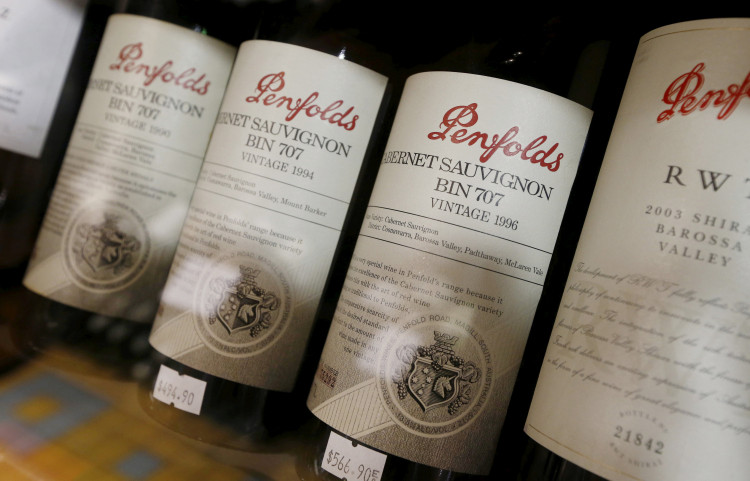The emergence of fake wine over the last couple of years has forced Chinese providers to make a move in hopes of preventing further losses in their businesses and the industry as a whole.
Earlier this week, Northumbria University Professor of Law, Anqi Shen predicted that the global wine industry may incur around $3.1 trillion in losses by 2022 if fake wine isn't stopped as soon as possible.
Shen further explained in a Twitter post that because China has a gigantic wine market, it is attracting counterfeiters from across the world. These fake producers are then the ones who benefit from selling faux wine.
Studies reveal that fake wine can cause a wide range of symptoms including abdominal pain, dizziness, nausea, and liver problems. If complications persist, a person who drank counterfeited wine can fall into a coma.
Research on fake wine further revealed that counterfeiters often add cheap substitutes for ethanol to make the product. Some of these chemicals are methanol, isopropanol, and in some cases, nail polish remover and windshield cleaning mixes.
Chinese businessmen who have been affected by the rise of fake wine have since moved to keep fake wine from intruding their properties, according to Wine Researcher. One of them is Castle Li, head of COFCO's wine division. COFCO is the company responsible for Great Wall.
Li said the company has taken appropriate measures to take on fake wine, noting that they have come up with "a team especially working on combating counterfeit Great Wall."
Furthermore, China is getting a lot of positive comments about the country's booming wine industry. Due to climate change, northern Chinese regions are becoming a great location for growing grapes to produce a wine that could be of great value to the local economy.
In worldwide competitions, Chinese wine is getting even more prominence. Reviews and medals are proof that the country's wine production is getting better as the year's pass. Analysts believe that this development should further drive businessmen and Beijing to wage war against counterfeiters.
Two years back, Shaanxi province authorities tracked down fake Australian and French wine in booze shops in the region. The fake wine was found to have come from a nearby warehouse where 6,000 more counterfeited produce were stacked up.
Experts believe that collaboration between Beijing, local authorities, and businessmen will establish the foundation of programs that would finally stop the production of fake labels that could ruin China's budding reputation in the wine industry.





